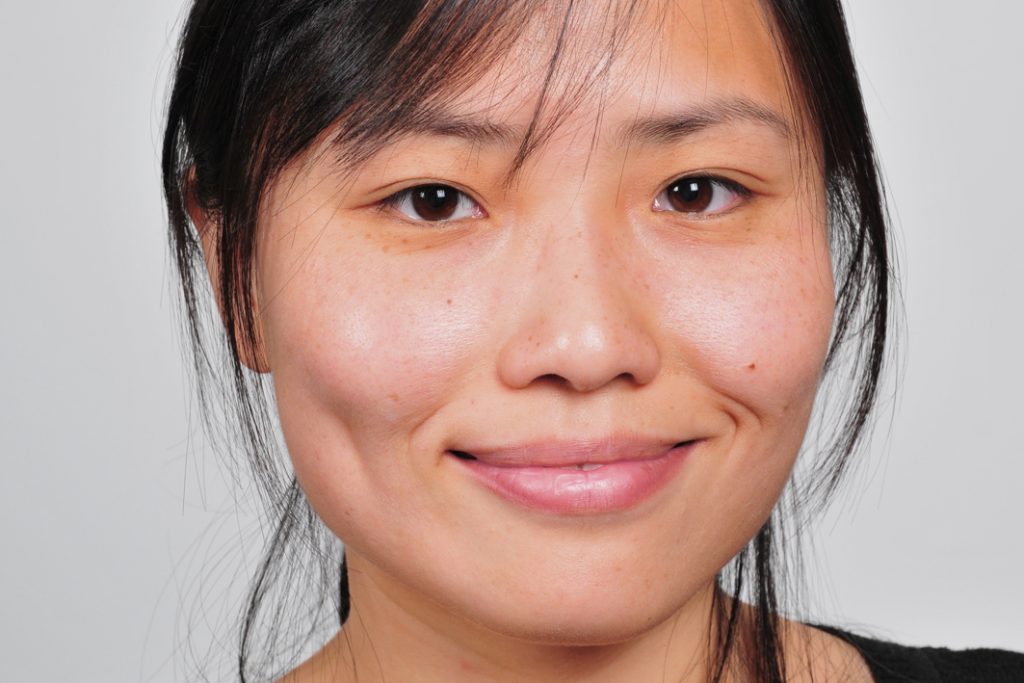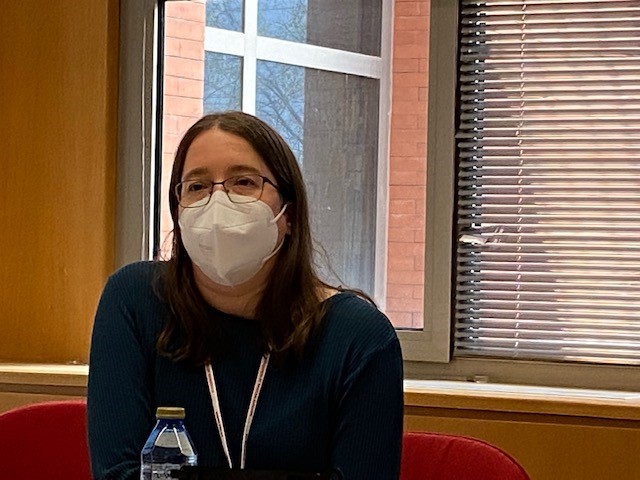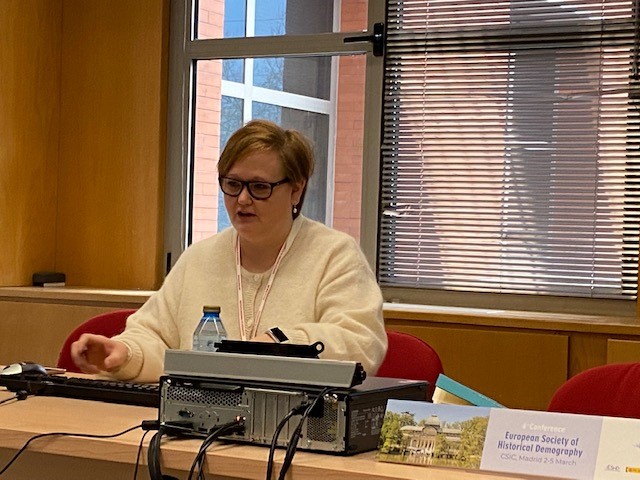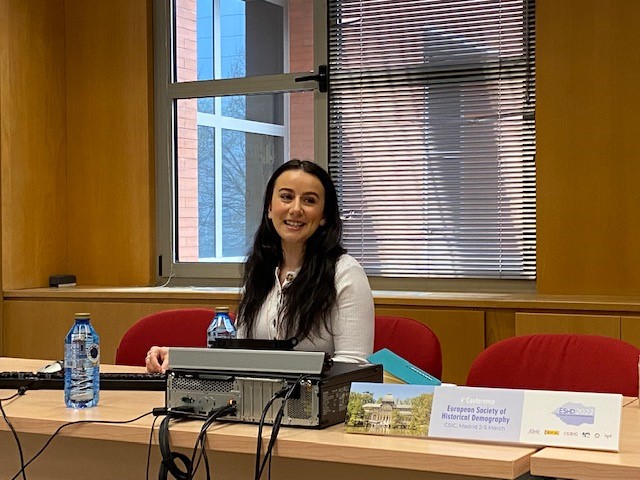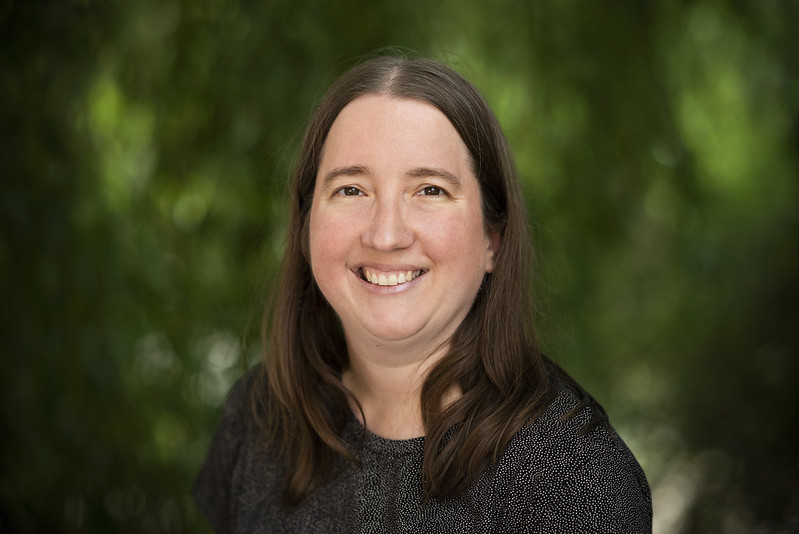Next webinar on March 10

Tamara Giles-Vernick, Institut Pasteur, will present: “Complex local vulnerabilities and the COVID-19 pandemic in France.”
Who is responsible for health during a pandemic? This long-standing question, debated widely among state and local authorities, international institutions, and health experts, has also come to fore in our Vulnerability Assessment among lay publics in France and four other European countries during the COVID-19 pandemic. This presentation draws on our 177 qualitative interviews (157 Vulnerability Assessments + 20 supplementary interviews) conducted in France in 2021.
Dr. Tamara Giles-Vernick is Director of Research and Unit head of the Anthropology and Ecology of Disease Emergence Unit – the Institut Pasteur’s first social sciences research unit in its 130-year history. Dr. Giles-Vernick currently coordinates SoNAR-Global, a European Commission-funded global social sciences research network for preparedness and response to infectious threats. A specialist in the medical anthropology and history of central and west Africa, her current research focuses on COVID-19 and its consequences, as well as the emergence of zoonotic diseases and epidemics. In addition, she has published on viral hepatitis, Ebola, Buruli ulcer, the historical emergence of HIV in Africa, global health in Africa, the history of influenza pandemics, and environmental history.
Contact jessicad@oslomet.no for a Zoom link.

